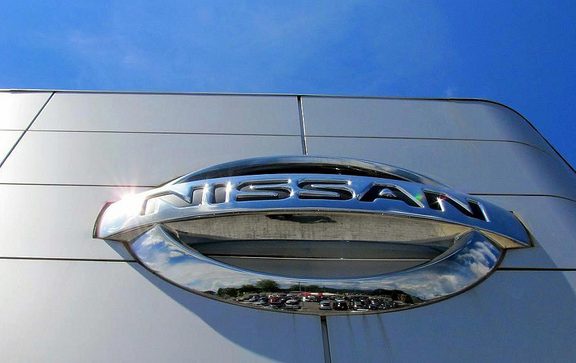
The company said it would begin trials of the commercial service in the upcoming financial year from April, using minivans in an area of Yokohama, south of Tokyo.
“Local communities have been facing several mobility challenges, such as driver shortages, which are a result of an ageing population,” Nissan said in a statement.
It plans to work with local authorities and transport operators on the venture to “provide a broad range of new services that enable free movement”.
Japan is far from the only place with autonomous vehicles on the roads, but its government has set acceleration of the technology as a key priority as it faces labour shortages and an ageing population in need of transport.
Since last year, road traffic laws have allowed “Level 4” self-driving vehicles to operate on public roads in certain circumstances. Vehicle autonomy is classified along a scale from 0-5, with 5 indicating essentially total autonomy.
Nissan says it has been “testing business models for self-driving mobility services in Japan and abroad since 2017”.
Last year, its rival Honda, US auto giant General Motors and GM’s autonomous driving unit Cruise announced they would establish a joint venture which will begin a driverless ride service in Japan in early 2026.
Toyota is also planning a pilot project using automated vehicles in the Odaiba area of Tokyo from July, a spokesman told AFP.
From 2025 Toyota plans to launch a paid service and expand it to other districts of central Tokyo, in what will be likely be Japan’s first automated driving service on public roads with other vehicles, the Yomiuri daily reported this month.
“We are working with related stakeholders to discuss various aspects of future automated driving (including the level of automated driving), but details have not yet been finalised,” the spokesman said.
AFP





